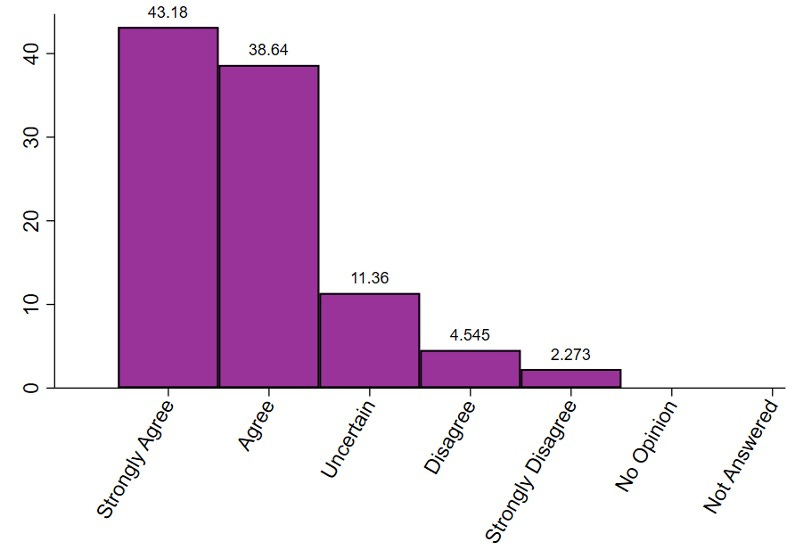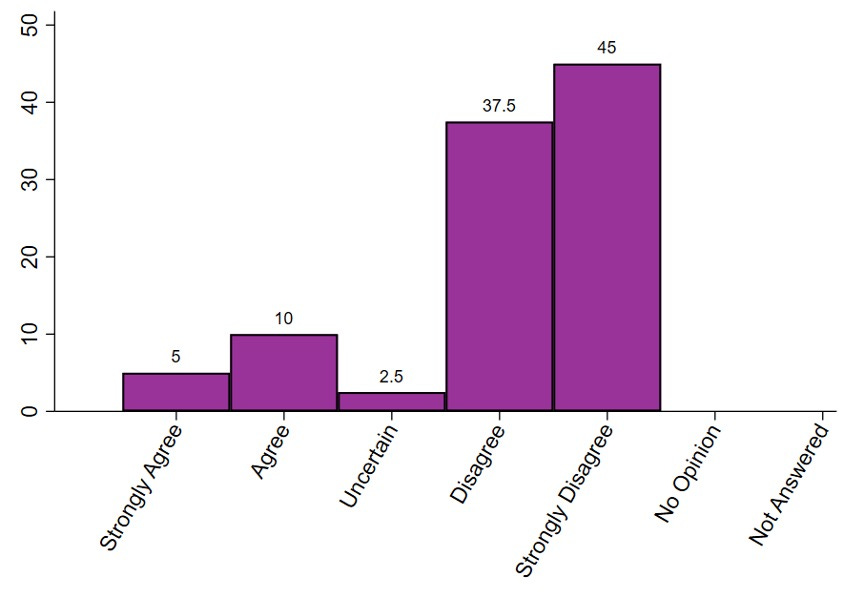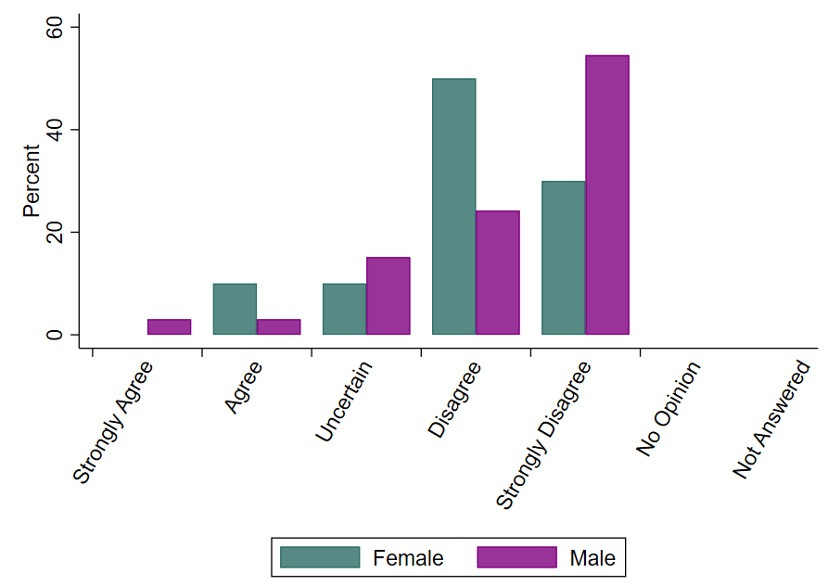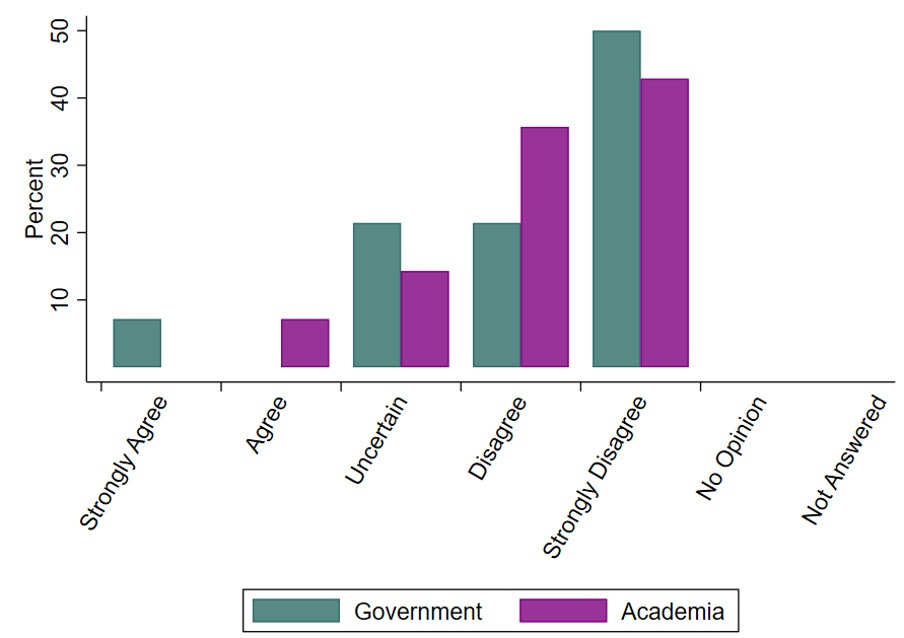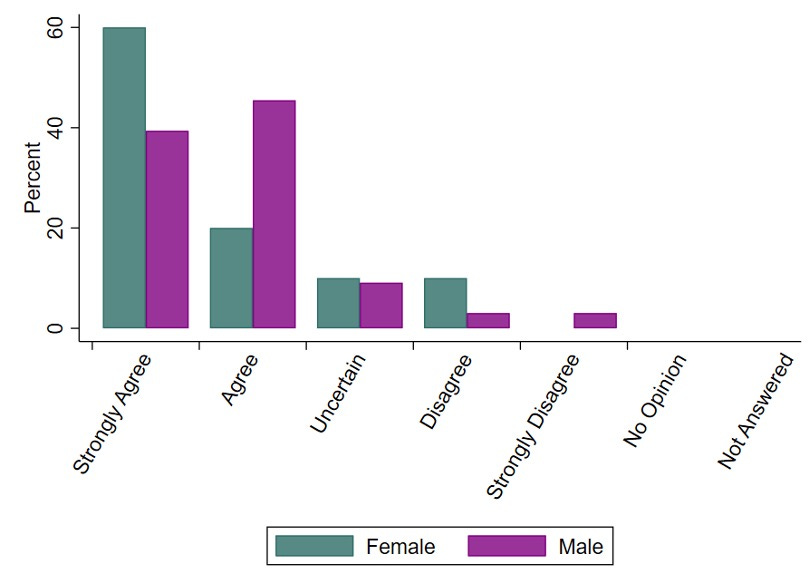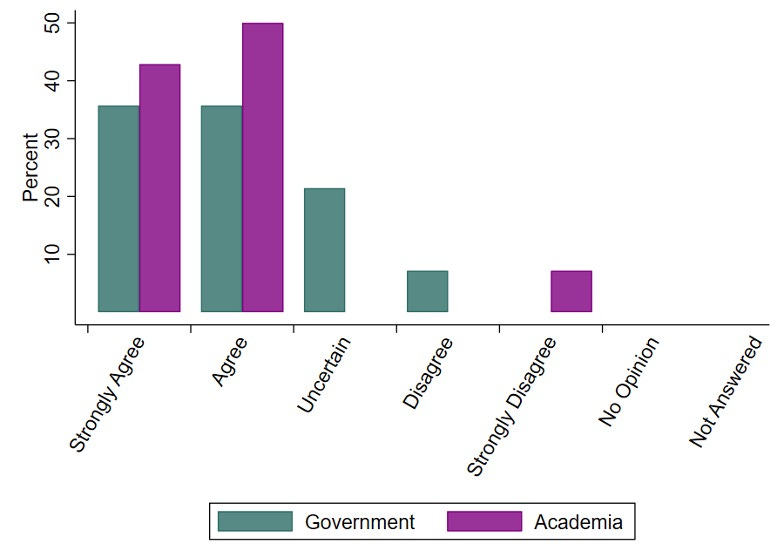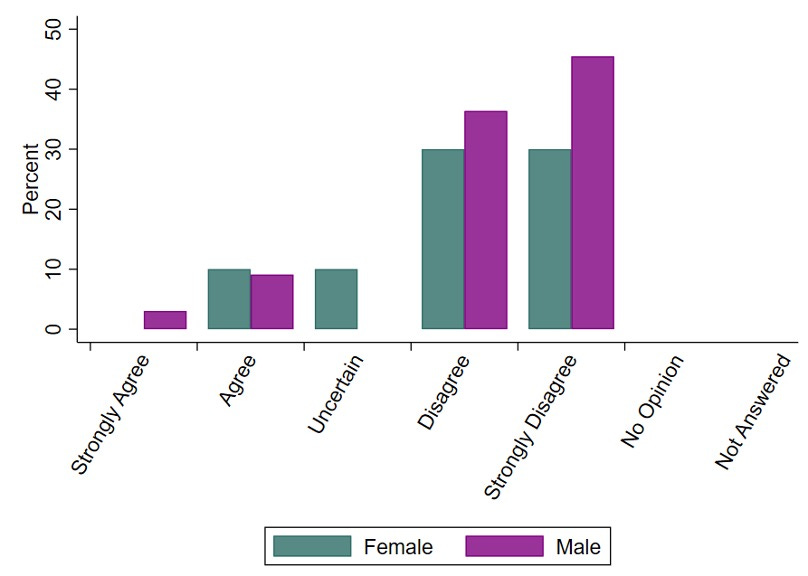Members & experts mostly agree on rent control, high-skilled migration, & MMT
Reporting back on NZAE member survey #2
The second NZAE Member Survey repeated the questions asked in August 2021 of a panel of economic experts — the NZ Expert Survey (NZEES).1 Repeating the questions allows us to compare the responses of members with those of the smaller expert panel.
We asked three questions — on rent control, (high-skilled) migration, and Modern Monetary Theory.
The members’ survey was circulated to NZAE members on August 8th and was open until August 12th. Forty-four members answered the survey — 77% were male, and 48% held a PhD. Respondents were equally split between academia, government and “other”. Roughly half were over 50 years old.
Q1 Rent controls & affordable housing
Rent controls for some rental housing units (such as in New York City) have had a positive impact on the amount and quality of affordable rental housing.
Half of the respondents strongly disagreed with this statement. Overall, about 80% disagree or strongly disagree. Just 7% agreed or strongly agreed.
Comparing these results to the NZEES, members’ answers were more dispersed. More than 82% of the expert panel disagreed or strongly disagreed, while none strongly agreed.
In the members’ survey, female responses were less extreme than males.2 And while academic responses were in line with the NZEES results, government-sector respondents were more mixed.3
Q2 The effect of high-skilled migration of the average Kiwi
The average Kiwi would be better off if more highly educated foreign workers were allowed to migrate to New Zealand each year.
About 81% of respondents agreed or strongly agreed with this statement, while a few (about 7%) disagreed or strongly disagreed.
Members’ responses are, again, more heterogeneous than the expert panel, in which about 88% agreed or strongly agreed, with no one disagreeing.
Male responses were more heterogenous compared to female responses.4 While the vast majority of respondents in academia agreed or strongly agreed, one respondent strongly disagreed.5
Responses to this question were not as polarised as they were to a similarly worded question in July 2022 on migration by low-skilled workers.
Q3 Modern Monetary Theory — can government create money?
This question posed a central claim from Modern Monetary Theory:
Countries that borrow in their own currency can finance as much real government spending as they want by creating money.
In the members’ survey, 15% of respondents agreed or strongly agreed, while 82% disagreed or strongly disagreed. There was little differences by gender,6 and more heterogeneity within academia.7
In the NZEES, no-one on the expert panel agreed with this statement — more than 82% disagreed or strongly disagreed.
Keep an eye out for the next NZAE members’ survey. It will include questions on New Zealand’s Emissions Trading Scheme (ETS).
The New Zealand Economics Experts Survey (NZEES) surveyed a panel of expert economists in August 2021 and March 2022 about economic topics affecting New Zealand. Panel members were invited from Distinguished Fellows and Life Members of the NZAE, past and current Presidents of NZAE, and NZIER Economics Award winners.





